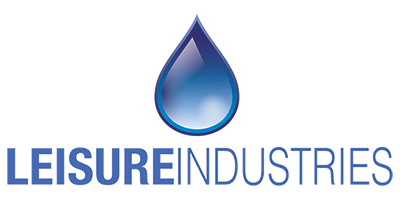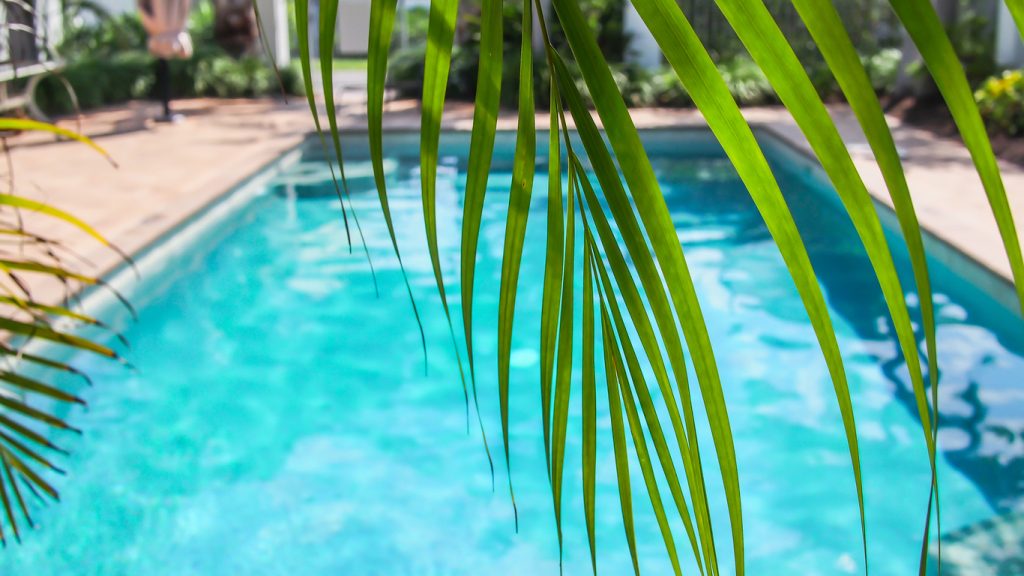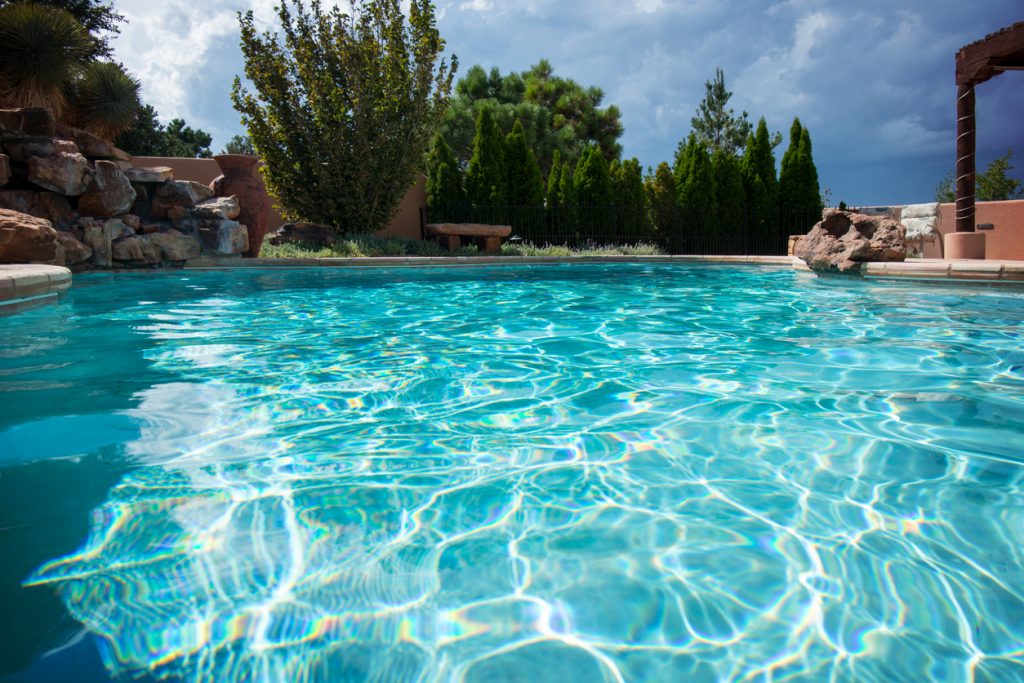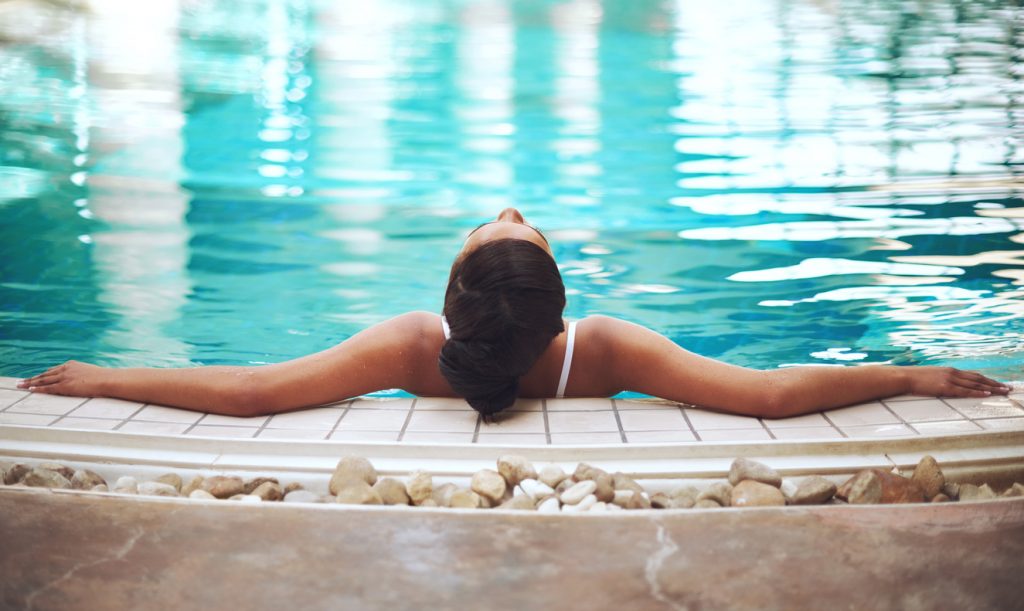Manual chlorine dispensing is the most common way to sanitize a pool; however, it is no longer the only option. As approved alternatives, there are several options for a healthier and safer pool, including salt water chlorinators, and the more popular ionization. Here, we discuss the pros and cons of saltwater pools and why you might consider different sanitization methods.
Pros Of Salt Water Pools
The pros are easy.
First of all, using saltwater eliminates the need to handle chlorine on a daily or weekly basis because the salt chlorinator converts sodium chloride (salt) into liquid chlorine on an ongoing basis. In addition, saltwater pools are
- Gentler on eyes and skin
- require less maintenance
- have a more comfortable water feel
- free of the chlorine smell
If you have young children or have sensitive skin and eyes, you will be able to appreciate the soft feel of the water.
Cons of Salt Water Pools
The cons are a little more complicated, because of the various misconceptions surrounding saltwater pools.
One major misconception, is many people assume a saltwater pool is a non-chlorine pool. It is, in fact, the opposite.
- The chlorides manufactured by the chlorinator are so high that a lot of cities will not allow the water from these pools to be pumped into lakes, rivers, and even storm sewers. This is because of the corrosive nature of the product and the damage it can do to the ecology.
- This water must be either de-chlorinated or hauled away by ministry-approved environmental contractors.
- The properties of this water are so corrosive that certain types of pool equipment (such as heaters) have their life expectancy cut by two-thirds by using this product.
- Many manufacturers of certain pool types and equipment void their warranty if a salt chlorinator is used.
Another drawback to salt is the cell, which has to be replaced every few years and is expensive. This makes sanitizing a pool with salt chlorination the most costly of all sanitizers.
Exploring Other Pool Sanitization Options
So what are your options, other than using regular chlorine? If you are unsure if you want to use salt in your pool, here is another option that we know and trust:
Ionization
An ionizer is an environmentally safe solution to a high chlorine count in swimming pools.
- The device will assist in controlling bacteria and algae in pools and spas by augmenting the bactericidal and algicidal activity of primary disinfectants such as chlorine or bromine.
- This reduces the chlorine level to the minimum required, and the cost is less than half that of a salt system.
Since copper is what helps keep the pool clean, there still needs to be a minimum amount of chlorine in the pool to meet government regulations. A puck in the skimmer weekly usually satisfies this requirement.
With ionization, the water is cleaner, more pure and feels nicer to the touch than salt water.
The Verdict
So what should you choose for your pool?
Only you will be able to determine whether or not to go with a saltwater chlorinated pool, ionization, or traditional chlorine.
If you’re interested in getting more information about this type of pool sanitization, talk to our pool experts. We’ll be happy to help you weigh the pros and cons of the various methods of pool sanitizers.
Updated 2023








